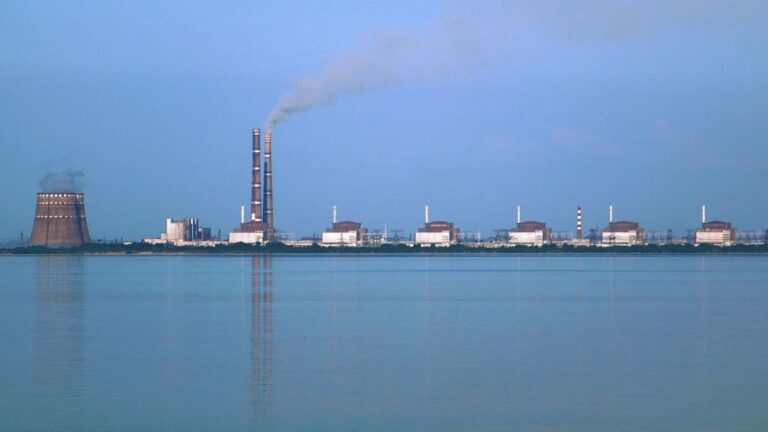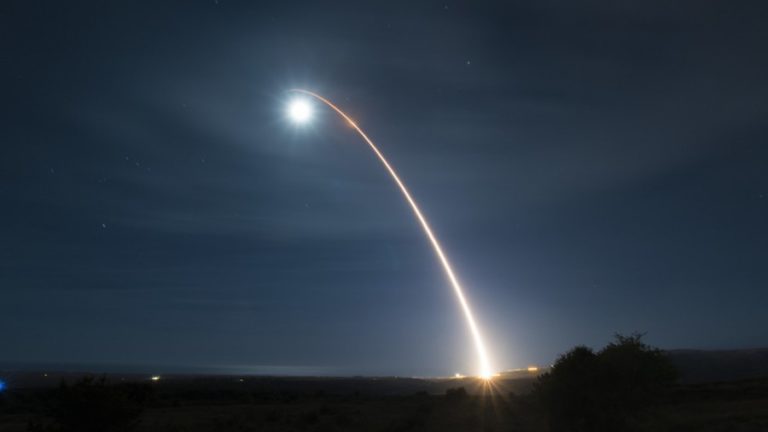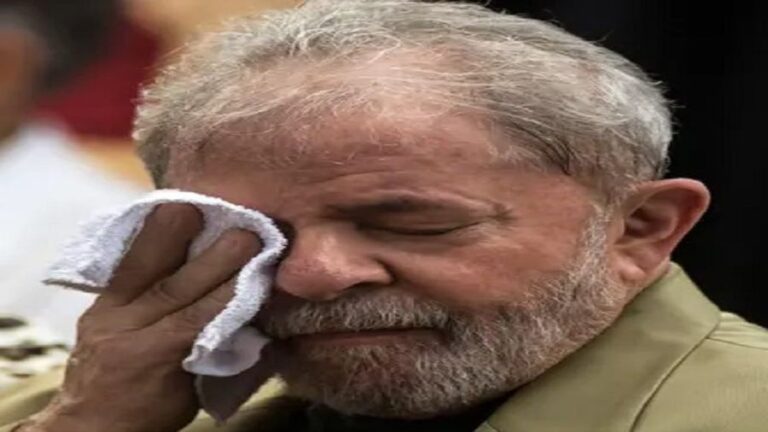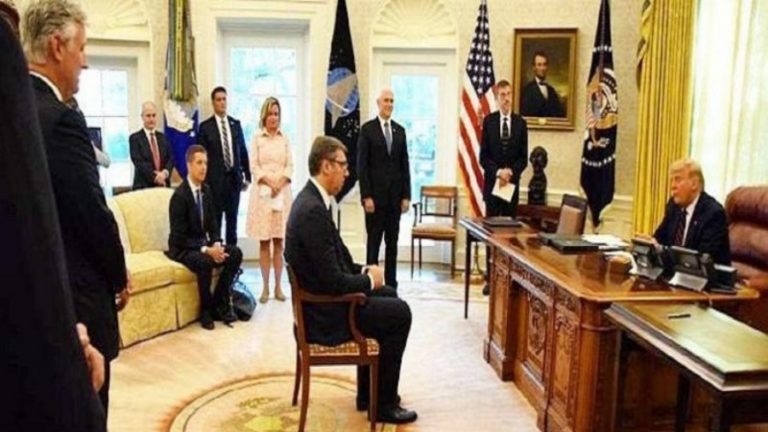Congress Fuels Christian Rivalries With Bid to Arm Iraqi Militias
A little-noticed provision to arm Iraqi Christians in the House version of a must-pass defense bill is inadvertently fueling unrest between rival militias on the Ninevah Plains, an Iraqi melting pot.
The nonbinding provision, inserted by Rep. Trent Franks, R-Ariz., a conservative Christian member of the House Armed Services Committee, notes “the important role of the Iraqi Christian militias within the military campaign against [the Islamic State (IS)] in Iraq, and the specific threat to the Christian population.” It calls on the United States to “provide arms, training, and appropriate equipment to vetted elements of the Nineveh Plain Council,” a governing council being proposed by Assyrian factions but with no guarantee of being formed.
Ever since IS swept across Iraq and began its genocidal campaign, forcing thousands of Assyrian Christians to flee the Ninevah Plains in 2014, Washington has routed military support to Iraqi sub-state militias through the central government in Baghdad. While IS has now largely been ousted from the Ninevah Plains, the group still poses a threat to surrounding areas.
Franks told Al-Monitor that he had inserted the language with the expectation that the Department of Defense would use it to bypass Baghdad and provide direct military assistance to favored Christian militias.
“It’s time for the Christians to have direct support there because there are certain things taking place where some of the opponents of the Christians are buying their houses and buying land where, even if they were able to return, they’d be essentially displaced from their homes,” Franks told Al-Monitor. “And I think that if Christians have some direct support, they would be able to protect themselves and defend their homes and their lands.”
Assyrian Christians, however, comprise a diverse mosaic of minority groups on the Ninevah Plains, which lie northeast of Mosul, next to Iraqi Kurdistan. Kurdish peshmerga have occupied part of the Ninevah Plains since ousting IS in conjunction with local militias and Iraqi security forces.
“No legislation in the US has ever helped us, unfortunately … I think some of it must have been done with good intentions, but it has never resulted in any benefit on the ground.”
The presence of Kurdish forces on the Ninevah Plains has exacerbated existing political tensions among Assyrian Christian groups that go back years before IS exerted control over the area. The Ninevah Plain Forces, a coalition of Christian militias fighting alongside the peshmerga, support the Kurdistan Regional Government (KRG), while the rival Ninevah Plain Protection Units (NPU) support making the Ninevah Plains a separate administrative unit under the auspices of the Iraqi central government.
“The problem with the militias on the Ninevah Plains is that in many cases they deny who they’re backed by, and they have no formal ties to the Kurdistan region typically,” Michael Knights, a Lafer fellow at the Washington Institute for Near East Policy, told Al-Monitor. “They’re in theory a free-standing militia, but money flows to them, weapons flow to them from the Kurdistan region.”
Anti-KRG Assyrian groups, on the other hand, fall under the umbrella of the state-sponsored Popular Mobilization Units (PMU), a wide-ranging group of predominantly Shiite militias that formed following the Iraqi army’s evaporation as IS swept across the country in 2014.
“Some of these [PMU], they’re Christian militias in theory, but actually they’ve got a whole bunch of Iranian-backed Shiite terrorists working alongside them,” said Knights.
The NPU insists it does not receive support from Iran and that it joined the PMU so its fighters would receive salaries from the Iraqi government.
“There is absolutely no connection to Iran,” Yacoob Yaco, NPU chairman, told Al-Monitor. “If there were any of these concerns or issues, the US military would not have trained us and conducted missions in coordination with us.”
The NPU and its political branch, the Assyrian Democratic Movement (ADM), strongly object to Franks’ provision on the grounds that it would only provide arms to rival Christian militias allied with the Kurds.
At issue is Franks’ reference to providing arms to “vetted elements of the Nineveh Plain Council.” The NPU believes that the reference to the Nineveh Plain Council emerged from a policy document that pro-Kurdish Assyrian factions agreed to at a June conference in Brussels convened by European Parliament member Lars Adaktusson. The ADM has rejected the document on the grounds that it provides undue influence to the KRG at the expense of the central Iraqi government.
“If the goal is to support local control for Assyrians and other ethnoreligious minorities in the Ninevah Plain, then this council, as currently proposed at the Brussels conference, should be rejected,” said Elmer Abbo, president of the Ninevah Plain Defense Fund, a US-based nonprofit that fundraises for the NPU. “It’s political annexation of the Ninevah Plain that, over time, would create the conditions for formal KRG annexation.”
All of this is taking place against the backdrop of a Sept. 25 referendum on Iraqi Kurdish independence. While the KRG has faced considerable criticism for including Iraq’s disputed oil-rich Kirkuk province in the referendum, it remains unclear whether the KRG will hold the vote in the areas of the Ninevah Plains under its control. The KRG delegation in Washington did not respond to an Al-Monitor inquiry on the matter.
“Many of them … have an Iraqi nationalist outlook and they are used to dealing with Baghdad rather than dealing with the Kurdistan region.”
Anti-KRG Assyrians have pointed to the KRG’s replacement of the mayors of two Assyrian-majority towns, Alqosh and Tel Keppe, with pro-KRG mayors as further evidence of Kurdish interference in the Ninevah Plains. While thousands of Assyrian Christians have fled to Iraqi Kurdistan, many believe that the best course for the Ninevah Plains is to seek greater autonomy under Baghdad rather than become part of the KRG.
“They, as a minority in Iraq, were relatively well treated” under former President Saddam Hussein, said Knights. “So many of them sort of have an Iraqi nationalist outlook, and they are used to dealing with Baghdad rather than dealing with the Kurdistan region historically.”
Knights also noted, “Within Kurdistan, there’s been a major economic crisis for a number of years, and people do not get paid regularly, whereas [Baghdad has] continued to pay their salaries right away through the current economic crisis.”
The House has already passed the defense bill with Franks’ language on Iraqi Christians, but the provision is not included in the Senate’s version of the bill, which is expected to come to a floor vote on Monday. Both chambers will have to agree on a final version, and Abbo believes the language is unlikely to survive reconciliation between the two versions. “US policy has consistently stayed clear of actively engaging to support the survival of ethnoreligious minorities in Iraq,” he explained.
Indeed, Rep. Jeff Fortenberry, R-Neb., added an amendment to last year’s defense bill that would have empowered “local security forces in Iraq — including ethnic and religious minority groups — to deter, hold, or roll back [IS].” That provision, however, did not make it into the final version of the bill.
The NPU’s Yaco also decried the lack of direct US support.
“No legislation in the US has ever helped us, unfortunately,” Yaco told Al-Monitor. “I think some of it must have been done with good intentions, but it has never resulted in any benefit on the ground.”
He added, “I am inviting every member of the US Congress to come to the Ninevah Plain … in order to truly understand what is happening and then perhaps they will be able to provide helpful legislation that has an impact, but only if they hear it from us directly and not through foreign entities.”
Franks, who has also advocated for directly arming the peshmerga, acknowledged the tension between Assyrian factions but argued that direct military support would be enough to get anti-KRG Christians on board.
“I understand that dynamic, and the Christian groups, if they know that they can get direct support, I think, will certainly embrace that,” said Franks. “The Kurds understand that I’m 1,000% supportive of them, and I’m also supportive of the Christians.”
In the past, Franks said, Baghdad has held up military assistance to non-state groups, including the peshmerga, even as they fought for their lives against the Islamic State.
“I’m convinced if we try to run it through the conventional channels that much of it won’t ever get there … and that the end result will be that a number of Christians will die and an even greater number would be dispersed,” he said.
Knights acknowledged the issue, but argued that US pressure on Baghdad ensures that military aid is eventually routed to where it is intended to go.
On the authorities in Baghdad, Knights said, “They might not like that idea, but they say, ‘Sure, if it has to happen, it has to happen.’”
Irrespective of broader disputes between the KRG and Baghdad, Knights also questioned the general wisdom and efficacy of circumventing Iraq’s central government when providing military assistance to non-state forces.
“It only really works if you loop Baghdad into it,” said Knights. “If you don’t, you really upset the people in Baghdad and that’s the very last thing we need to do ahead of Iraqi elections in 2018, when we’re hoping that the pro-US guy wins.”
By Bryant Harris
Source: Al-Monitor







